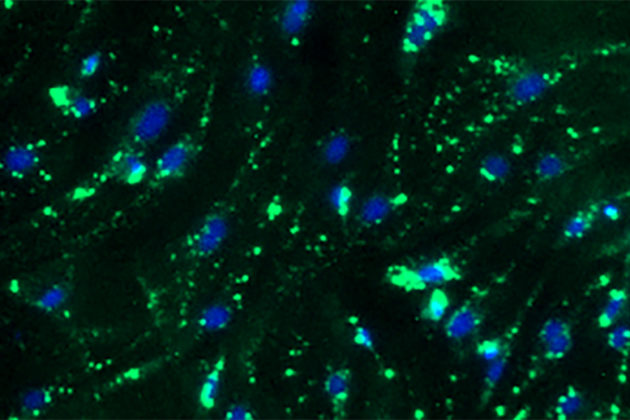BALANCE
Metabolic imbalance in Atlantic salmon – Significance of the interaction between nutrition and genetics

In BALANCE the aim was to increase the basic understanding of how nutrients in the feed, in combination with genetic background, affect the occurrence of metabolically induced health and quality problems in Atlantic salmon.
Start
01. Jan 2017
End
31. Dec 2020
Funded by
The Research Council of Norway
Project Manager(s):
Background
Knowledge from the project will make the aquaculture industry better equipped to design a composition of fish feed and breeding program that ensures the health and quality of farmed fish in modern production.
Several recent studies suggest that the nutritional composition of the feed is of great importance for the salmon’s robustness, the presence of melanin stains in muscle, and reduced deposition of astaxanthin in muscle. Salmon fed diets with high fat levels in combination with 70-80% plant ingredients (low levels of EPA + DHA) have also been shown to increase the risk of fat accumulation in internal organs such as the gut, liver and heart. Similarly, in previous NFR projects (207621, 244200) we have shown that the genetic background of the salmon is of great importance for how the composition of the feed affects the muscle quality and health of the salmon.
Project aims
In BALANCE, we will combine the use of new techniques in transcriptome, metabolism and gene editing with traditional physiological and biochemical analyzes to increase the basic understanding of how nutrients such as amino acids, fatty acids and astaxanthin in the feed affect the occurrence of metabolically induced health and quality problems in Atlantic salmon.